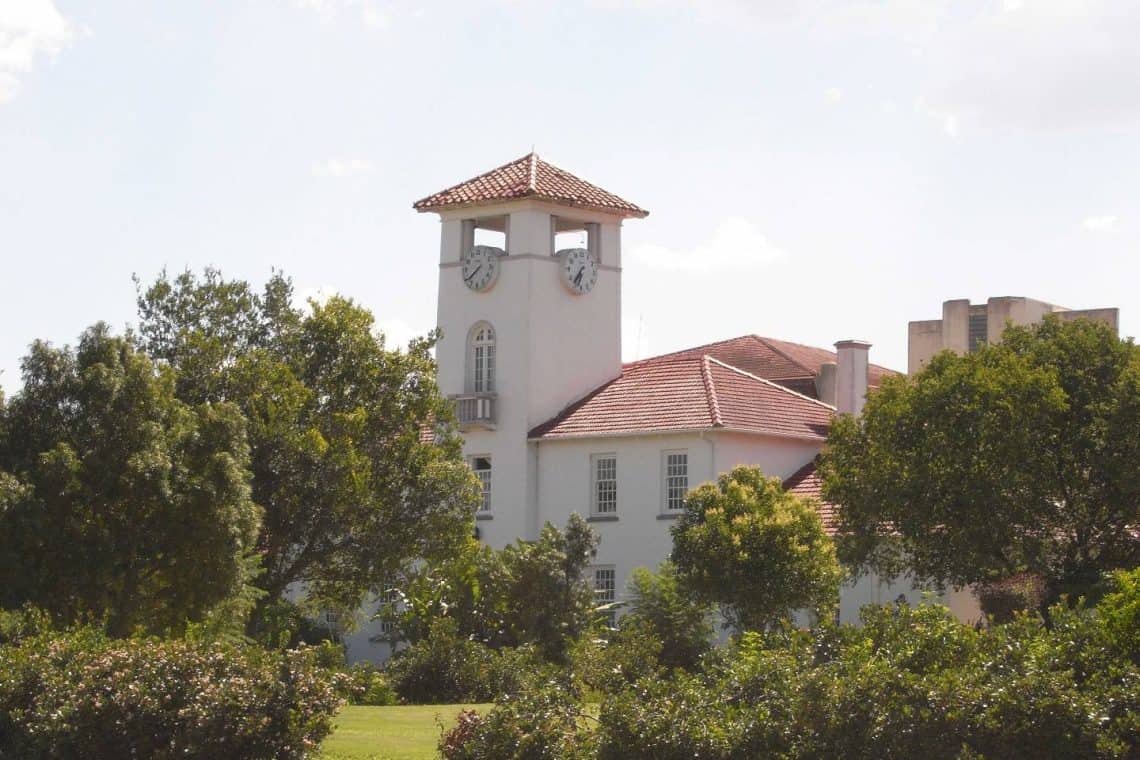In Alice, Eastern Cape, the University of Fort Hare—an institution that has produced many of South Africa’s most influential leaders—was rocked by violent protests in early October 2025. Arson attacks, structural damage, and a complete campus shutdown threatened to derail the academic year. Yet from the chaos emerged a determined recovery effort that offers powerful lessons on leadership, funding, and rebuilding trust in higher education.
The Crisis: How a Protest Became a Flashpoint
Unrest at Fort Hare broke out amid tensions over governance, student representation, and accountability. What began as peaceful demonstrations quickly turned violent, with multiple buildings—including administration blocks, laboratories, and a newly completed clinic—set ablaze. Reports confirmed that university management immediately ordered a shutdown and evacuation to protect staff and students.
Early estimates put the damage between R250 million and R500 million, with repairs expected to take up to two years. The loss of critical facilities threatened the continuation of studies and placed a strain on an already challenged higher education sector. News coverage indicated that Fort Hare’s leadership promised swift action to stabilize the situation and save the academic year.
Launching Recovery: From Shutdown to Strategy
Within days, Fort Hare’s Management Executive Committee and Emergency Task Team finalized an Integrated Recovery Plan aimed at restoring safety, rebuilding trust, and resuming academic activity. The plan focuses on continuity in teaching, infrastructure restoration, and the welfare of staff and students.
Key measures in the plan include:
- Comprehensive health and safety inspections before reopening
- Transparent communication with students, staff, and the public
- Hybrid and online learning options to ensure academic continuity
- Phased rebuilding of damaged facilities such as laboratories and clinics
The Vice-Chancellor reaffirmed the university’s commitment to completing the academic year, ensuring that final-year students can graduate in 2026, and preventing long-term disruptions to learning.
Voices from the Ground: Student Perspectives
Students affected by the shutdown shared stories of frustration and uncertainty. Many from low-income backgrounds feared losing their academic progress and future opportunities. Some called for constructive dialogue instead of destruction, while others waited for clear communication on when it would be safe to return to campus.
One public administration student expressed concern that the delays might derail her career goals, while another in library science worried about lost research data and postponed deadlines. Their stories highlight both the emotional toll and the determination to continue pursuing education despite the chaos.
Financial Strategy: Repairing Damage and Preventing Recurrence
Rebuilding Fort Hare’s infrastructure will require significant financial resources. The destruction of modern laboratories and student facilities underscores chronic underfunding in South Africa’s tertiary education sector. In response, management and government bodies have initiated funding interventions to bridge immediate gaps and strengthen long-term sustainability.
- NSFAS temporarily suspended student housing evictions to reduce financial stress
- The Fort Hare Foundation expanded crowdfunding campaigns to support unfunded students
- Government oversight committees pledged to assist with safe reopening and policy review
- Efforts are underway to improve funding distribution transparency and accountability
Lessons in Campus Resilience
Fort Hare’s experience highlights the urgent need for proactive governance, sustainable funding, and open dialogue in higher education. Ignoring student grievances or underfunding essential services creates fertile ground for unrest. Transparency and early engagement are key to preventing escalation.
- Address student grievances promptly and transparently
- Stabilize financial aid systems to ensure timely disbursements
- Establish dialogue platforms between students and management
- Adopt hybrid teaching models to maintain continuity during crises
Global Lessons in Educational Resilience
Fort Hare’s story mirrors student-led reform movements worldwide, where activism has driven accountability and social change. It also underscores the importance of strategic investment in education infrastructure and partnerships that can help institutions withstand future challenges. By learning from this moment, universities everywhere can build more resilient systems that protect both learning and legacy.
